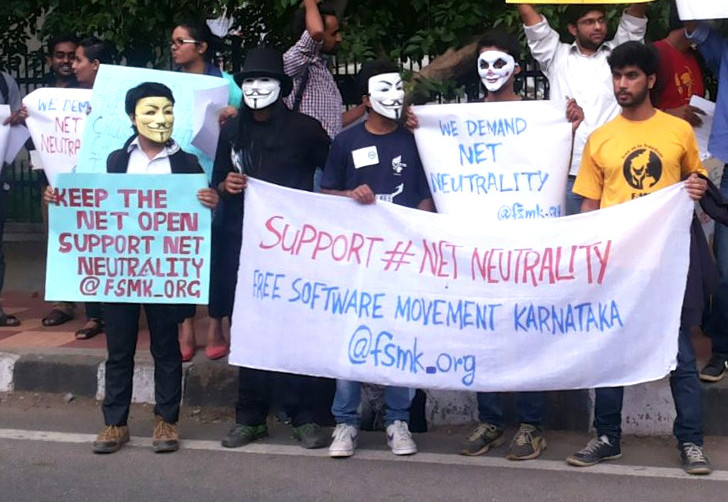At the beginning of 2013, the Internet lost one of its most radical, most pioneering minds when Aaron Swartz took his own life. In just 26 years, Swartz pioneered technologies like RSS syndication and the Creative Commons (both of which are in daily use here at Firedoglake), was a founder at Reddit, and led a successful fight against the destructive proposed Internet legislation SOPA. The Internet’s Own Boy, the new documentary from Brian Knappenberger (We Are Legion), is the story of his life and death.
Though dying by his own hand, in the incredible outpouring of grief that followed online and off, almost all blamed the government. They had good reason to do so. Swartz faced decades in prison under the controversial Computer Fraud and Abuse Act. Government prosecutors had literally told Swartz that they intended to “make an example of him” by forcing him to face maximum penalties if he fought in court. Believing himself innocent, he repeatedly refused deals that would have seen him pleading guilty to a felony and spending months in jail and longer without a computer.
Swartz’s “crime?” Downloading too many documents from JSTOR, a database of scientific and academic papers. Though most are paid for by tax dollars, JSTOR and other similar companies charge outlandish fees for access. Using a computer script and a laptop plugged directly into MIT’s network, Swartz had downloaded thousands of these documents. The Internet’s Own Boy sheds important new light on Swartz’s controversial activities and on the outlandish lengths the government went to prosecute him for them. No one knows what Swartz intended to do with the files, but the film reveals that he’d previously accessed other databases in order to do large scale statistical analysis. One likely theory is that Swartz planned to analyze the data to find links between polluters and the favorable academic research they sponsor.



